Replacing an air conditioning (AC) system may seem like a daunting task, especially for beginners. However, understanding the basics of AC replacement can help you make informed decisions and ensure optimal performance in your home. In this ultimate beginner’s guide, we will explore the process of AC replacement, including why and when it is necessary, how to evaluate your current system, choosing the right AC for your home, the replacement process itself, and cost considerations. Let’s dive in!
Understanding the Basics of AC Replacement
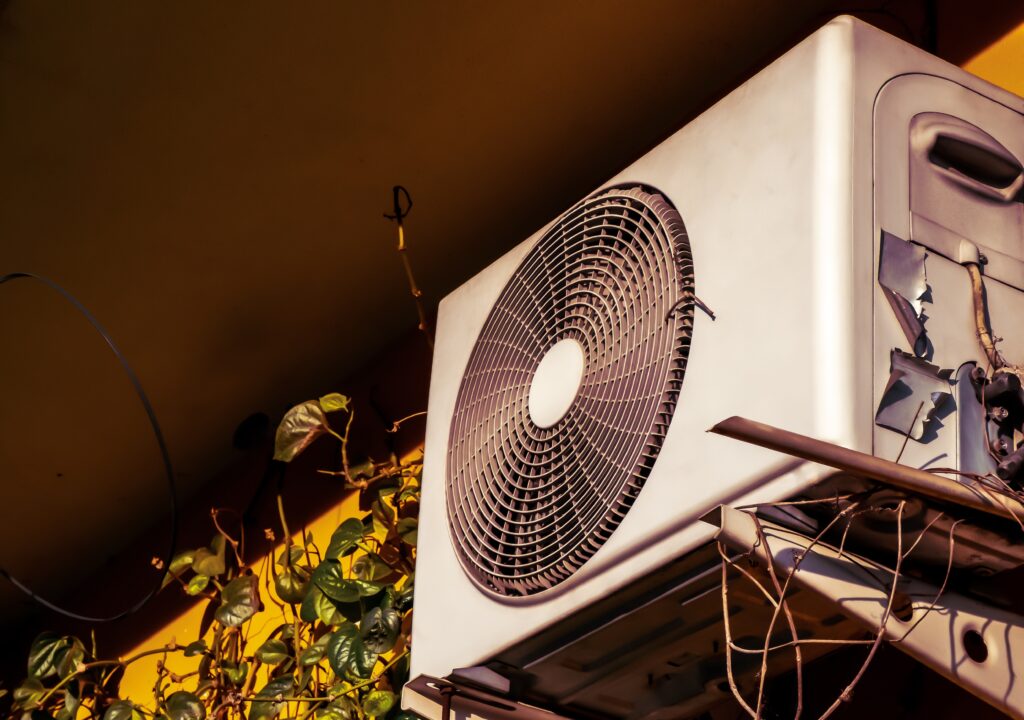
What is AC Replacement?
AC replacement refers to the process of replacing your old AC system with a new one. Over time, AC systems may become less efficient, experience regular breakdowns, or simply reach the end of their lifespan. Replacing your AC system ensures better energy efficiency, improved indoor air quality, and enhanced cooling performance.
When considering AC replacement, it’s essential to assess the overall condition of your current system. Factors such as the frequency of repairs, energy efficiency ratings, and the age of the unit can all play a role in determining whether replacement is the best course of action. By upgrading to a newer model, you can take advantage of the latest technological advancements in HVAC systems, leading to increased comfort and cost savings in the long run.
Why and When Should You Consider AC Replacement?
Several factors may indicate the need for AC replacement. If your current system is constantly in need of repair, has significant performance issues, or is outdated, it may be more cost-effective to replace it rather than continuing to invest in repairs. Additionally, if your AC system is more than 10-15 years old, it is likely approaching the end of its lifespan and may benefit from replacement.
Another crucial aspect to consider is the environmental impact of your old AC system. Older units often use refrigerants that are harmful to the ozone layer, contributing to environmental degradation. By upgrading to a newer, more eco-friendly system, you can reduce your carbon footprint and contribute to a more sustainable future. AC replacement not only improves your home’s comfort and energy efficiency but also plays a role in protecting the environment for future generations.
Evaluating Your Current AC System
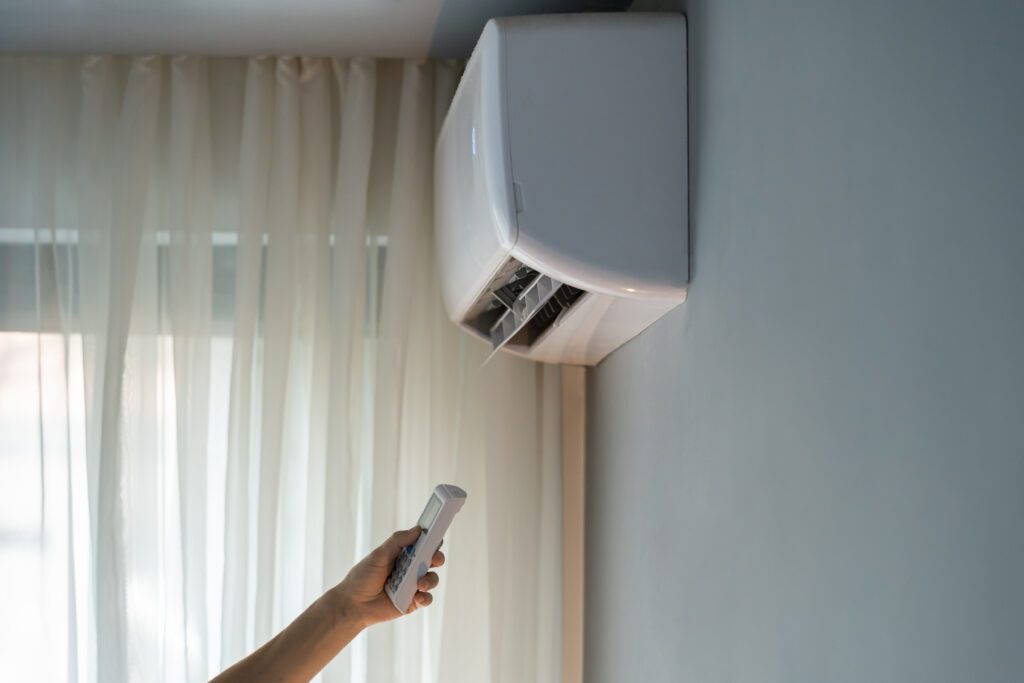
Signs Your AC Needs Replacement
There are several indicators that your AC system may require replacement. These signs include inadequate cooling, frequent breakdowns, increasing energy bills, and excessive noise. If you notice any of these issues, it might be time to consider replacing your AC system.
Another crucial sign that your AC system may need replacement is age. Most air conditioning units have a lifespan of around 10-15 years. If your system is approaching or has exceeded this timeframe, it may be less efficient and more prone to breakdowns, signaling the need for a new unit.
Assessing the Efficiency of Your Current System
Before replacing your AC system, it is crucial to evaluate its current efficiency. An inefficient system can result in higher energy bills and decreased comfort. Consider factors such as the SEER (Seasonal Energy Efficiency Ratio) rating, which measures the cooling efficiency of the system. If your existing AC has a low SEER rating, upgrading to a more efficient model can save you money in the long run.
Additionally, consider the size of your current AC unit in relation to the space it is cooling. An oversized or undersized unit can lead to inefficiencies and discomfort. Consulting with an HVAC professional to perform a load calculation can help determine the appropriate size unit for your home, ensuring optimal performance and energy savings.
Choosing the Right AC for Your Home
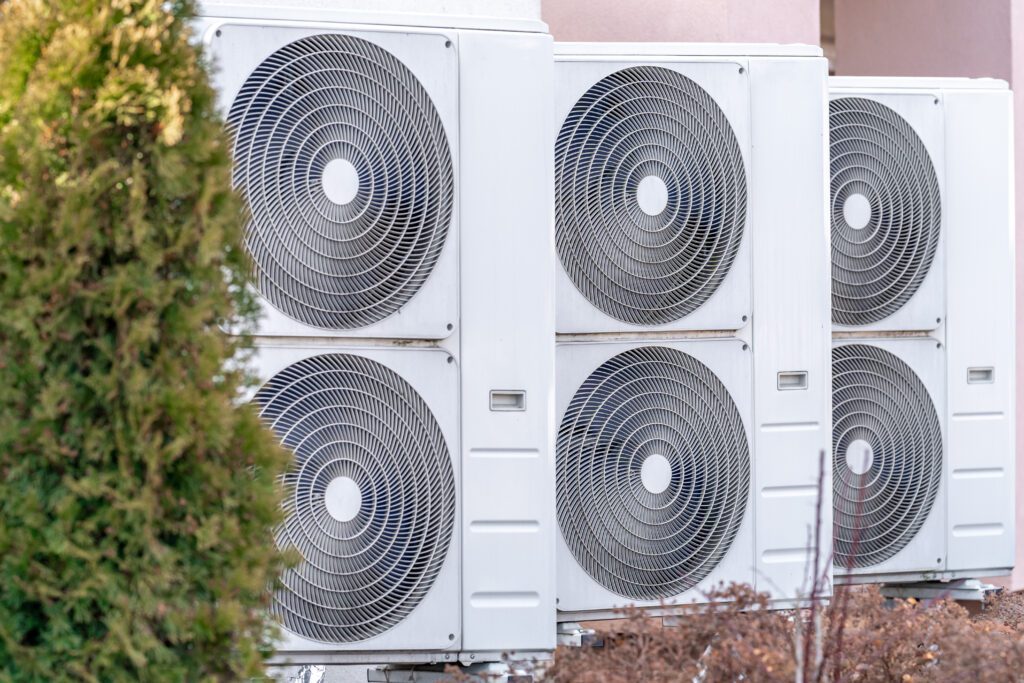
Types of AC Systems
When it comes to selecting the perfect air conditioning system for your home, the options can be overwhelming. Understanding the different types available can help you make an informed decision that suits your needs. Central air conditioning is a popular choice for many homeowners as it provides consistent cooling throughout the entire house. On the other hand, ductless mini-split systems offer flexibility by allowing you to control the temperature in individual rooms, making them a great choice for homes with varying cooling needs. Window units, while more portable and easy to install, are typically used for smaller spaces or as a temporary cooling solution.
Another type of AC system gaining popularity is the portable air conditioner, which can be moved from room to room, providing targeted cooling where you need it most. These units are a convenient option for renters or homeowners who don’t want to commit to a permanent installation. Evaporative coolers, also known as swamp coolers, are another alternative that work well in dry climates by adding moisture to the air while cooling it, offering an energy-efficient cooling solution.
Factors to Consider When Choosing an AC
Before making a decision, there are several important factors to consider to ensure you select the right AC system for your home. The size of your living space plays a crucial role in determining the capacity of the AC unit needed to effectively cool the area. Additionally, the local climate should be taken into account to ensure the system can handle the temperature extremes in your region. Energy efficiency ratings, such as SEER (Seasonal Energy Efficiency Ratio), should also be considered to help you save on energy costs in the long run.
Moreover, your budget will play a significant role in determining which AC system is the best fit for your home. While it may be tempting to opt for the most affordable option upfront, investing in a more energy-efficient model can lead to savings on your utility bills over time. Consulting with a professional HVAC technician is highly recommended to assess your specific cooling needs and recommend the most suitable system that aligns with your requirements and budget constraints.
The AC Replacement Process
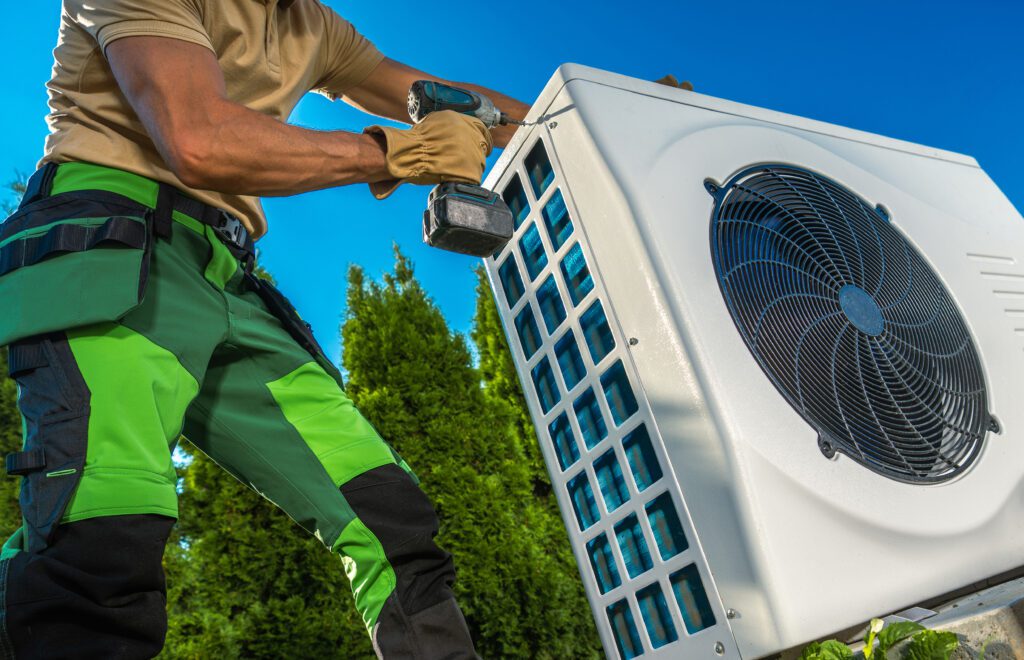
Preparing for AC Replacement
Prior to AC replacement, there are certain steps you can take to prepare for the installation process. Clear the area around the existing AC unit, ensuring that no obstacles hinder the technician’s access. Disconnect any power or plumbing connections, and make sure the replacement unit is readily accessible for installation.
Additionally, it is recommended to schedule a pre-installation inspection with the HVAC company to assess any potential issues that may arise during the replacement process. This proactive step can help streamline the installation and prevent any unexpected complications.
Step-by-Step Guide to AC Replacement
The AC replacement process typically involves the following steps:
- Assessment and evaluation of your current system
- Determining the right AC unit for your home
- Removal of the old AC system
- Installation of the new AC unit
- Testing and calibration to ensure proper functioning
- Final cleanup and disposal of old components
- Explanation of the new system’s features and maintenance guidelines
Moreover, during the assessment phase, the HVAC technician will inspect not only the AC unit but also the ductwork, insulation, and overall airflow in your home. This comprehensive evaluation helps in identifying any underlying issues that may impact the performance of the new AC system.
It is crucial to hire a professional HVAC technician to handle the AC replacement process to ensure the job is done safely and correctly. Professional installation not only guarantees optimal performance but also helps in maintaining the manufacturer’s warranty on the new AC unit.
Cost Considerations for AC Replacement
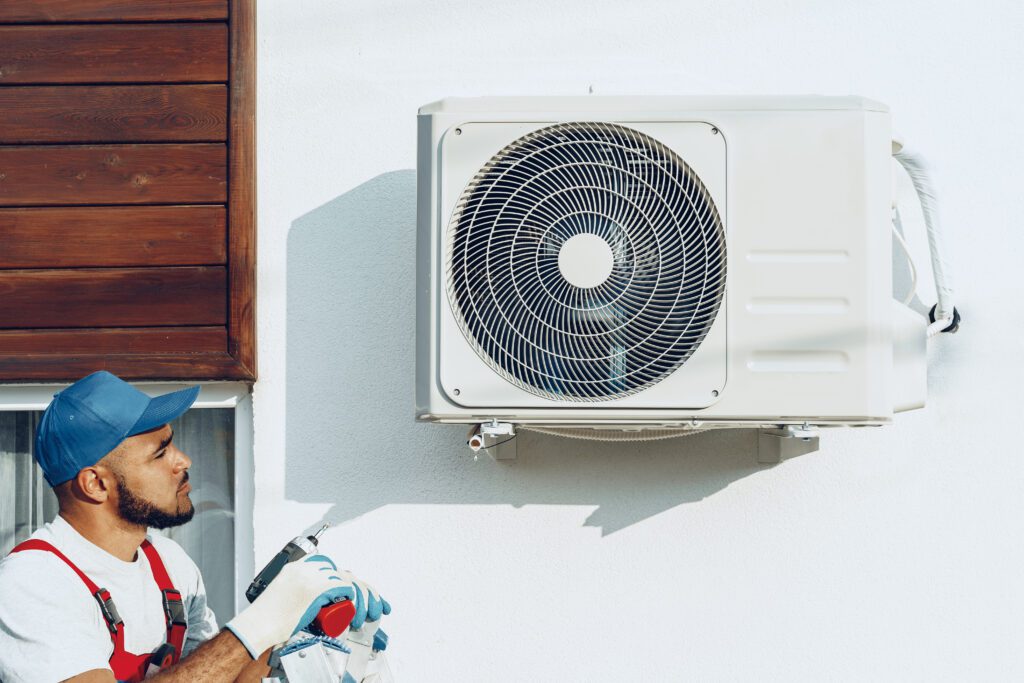
Understanding the Costs Involved
AC replacement costs will vary depending on factors such as the type and size of the system, installation requirements, and any additional features or upgrades. It is recommended to obtain multiple quotes from reputable HVAC companies to compare pricing and ensure that you are getting the best value for your investment.
When considering the costs of AC replacement, it’s important to factor in not just the upfront expenses but also the long-term savings that come with a more energy-efficient system. While a higher initial cost may seem daunting, a system with better energy efficiency can lead to significant savings on your utility bills over time.
Tips for Saving Money on AC Replacement
While AC replacement is an investment, there are ways to save money throughout the process. Consider the following tips:
- Take advantage of energy efficiency rebates or incentives offered by utility companies or government programs.
- Properly maintain your new AC system to maximize its lifespan and efficiency, reducing the need for frequent repairs or premature replacement.
- Work with a reputable HVAC company that offers competitive pricing and high-quality installation services.
By implementing these cost-saving strategies, you can make the most of your AC replacement investment.
Another way to save money on AC replacement is to explore financing options that may be available through the HVAC company or other financial institutions. Many companies offer flexible payment plans or financing arrangements that can help spread out the cost of the replacement over time, making it more manageable for homeowners.
In conclusion,
AC replacement may initially seem overwhelming, but by understanding the basics, evaluating your current system, choosing the right AC unit, following the replacement process, and considering cost-saving measures, you can ensure a successful and efficient AC replacement. Don’t hesitate to consult with HVAC professionals for guidance tailored to your specific needs. By taking these steps, you can enjoy improved comfort, energy efficiency, and peace of mind with your new AC system.


